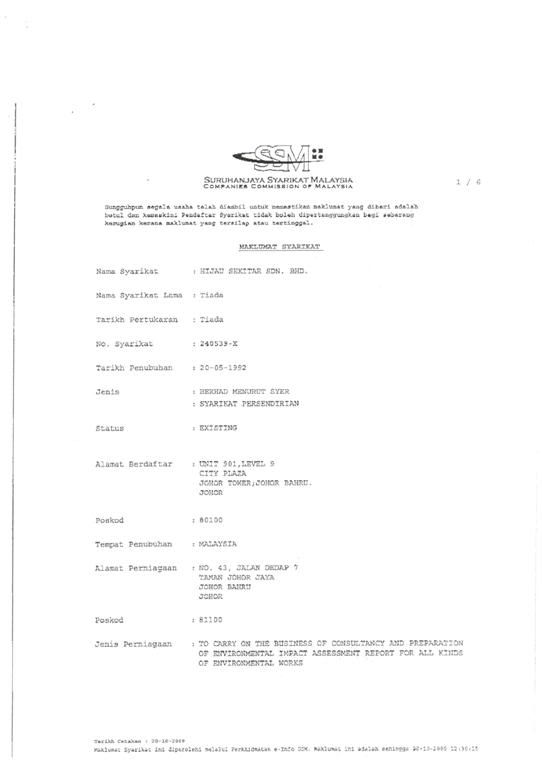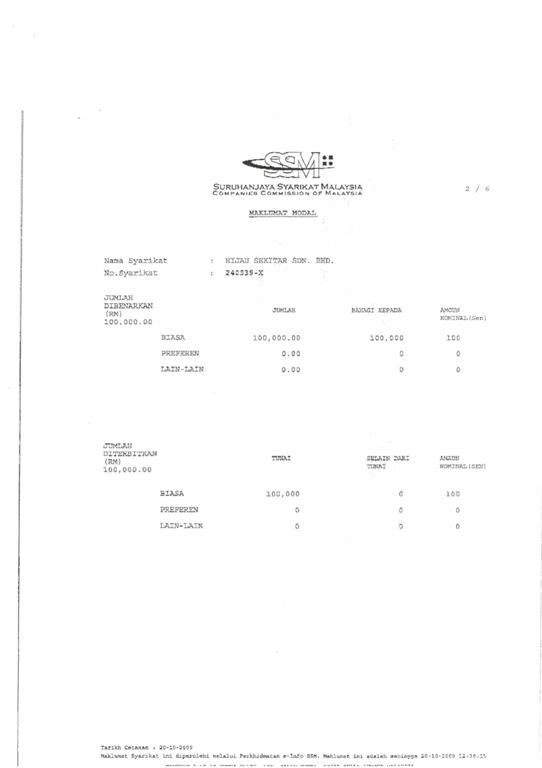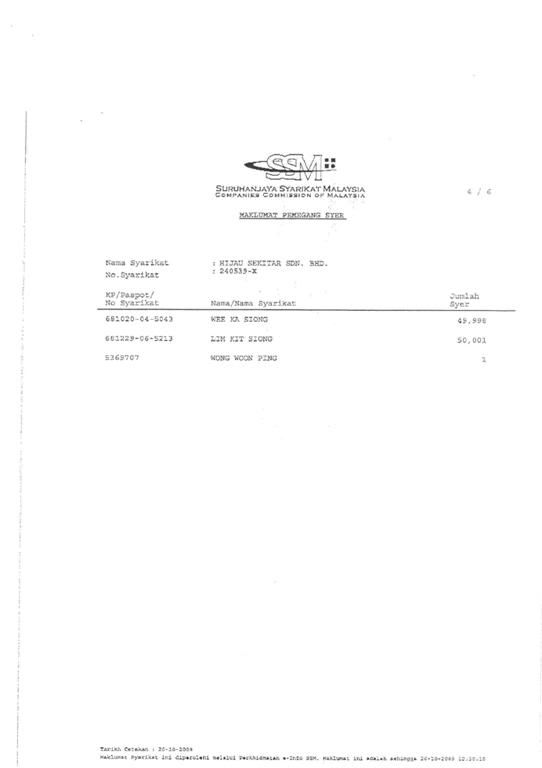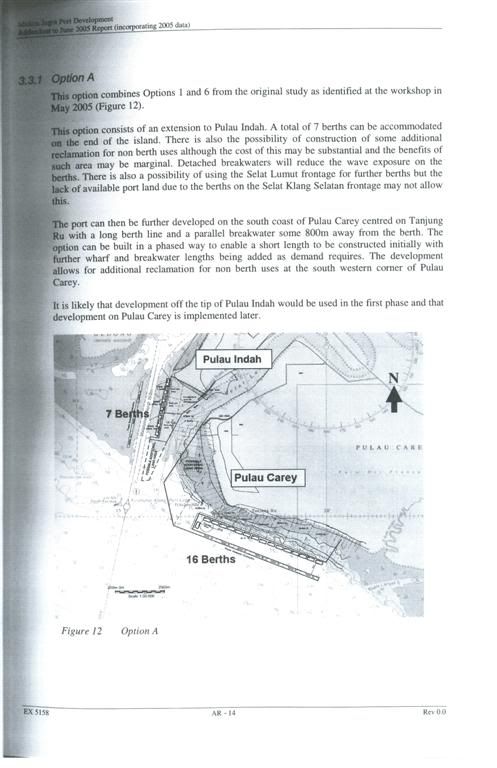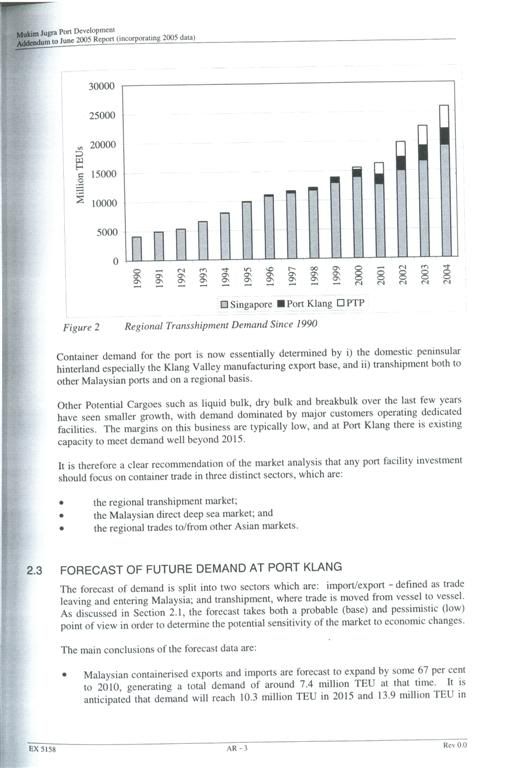
How many of you remember what happened almost 14 years ago back in 1996? Some of you were probably too young then. Well, in 1996, a very brave judge exposed the serious corruption in the Malaysian Judiciary and was eventually forced to resign for this ‘crime’. Yes, even back in 1996 the whistleblower and not the criminal gets punished. Anyway, for those ‘not around’ in 1996 and who may have missed the fireworks, today, Malaysia Today will take you down memory lane.
THE CORRIDORS OF POWER
Raja Petra Kamarudin
Courting Controversy
A flurry of questions about Malaysian justice
By Roger Mitton, Asiaweek, July 1996

THE MALAYSIAN JUDICIARY IS in a state of crisis. In the recent past, several court decisions have provoked allegations of interference. Government leaders felt obliged to try to quell the unease; Prime Minister Mahathir Mohamad himself cautioned judges about associating with businessmen. On July 1, in an unprecedented move, a High Court justice, Syed Ahmad Idid, resigned after publishing a 33-page pamphlet accusing colleagues on the country's highest benches of corruption, abuse of power and personal misconduct.
Last week Attorney-General Mohtar Abdullah revealed that police and the Anti-Corruption Agency had questioned 12 top judges, including Chief Justice Eusoff Chin, and had examined their assets in light of the pamphlet. It contained 112 allegations: 39 charges of corruption, 21 of abuse of power, and 52 of misconduct, immorality or other indiscretions. There were claims of payments of RM 50,000 ($20,000), with recipients graduating to taking millions from named business entities.
The AG said police found the judges clean; he described the accusations against them as "highly seditious, defamatory and derisive." But he was not prosecuting Idid, whom he did not name in his statement. The judge's resignation, Mohtar explained, was sufficient punishment. The matter was closed, he added: "I hope the integrity and impartiality of the judiciary will not be doubted henceforth." Chief Justice Eusoff echoed the AG's position.
No dice. The government-aligned domestic media, including the influential vernacular press, carried comments critical of the AG's handling of the matter. Some critics saw it as an attempt to skirt the concerns raised by Idid. "The judiciary must be clean -- and must be seen to be clean," said government MP Fauzi Rahman. "I'm glad the CJ says it is clean. On whether it is seen to be clean, I don't want to comment." Lawyer and legislator Khaled Nordin, also of the dominant UMNO party, declared: "To sweep things under the carpet like this will only make matters worse." Opposition leader Lim Kit Siang added: "The public reaction has been one of widespread disbelief and dismay. It has not restored confidence in the judiciary, but has further undermined it."
Of the ex-justice's charges, Lim says: "We want to see how they are found to be untrue. Idid is generally respected by the bar, so the question is: why did he feel impelled to author such a pamphlet?" Mohtar said the judge made a full statement explaining his reasons, but that it could not be made public. In parliament, a request by Lim for an emergency debate on the accusations against the judiciary was rejected. For its part, the Bar Council called for an urgent "independent Royal Commission to look into the administration of justice and propose, if need be, radical reform." Mahathir said there was no need for a further inquiry since the allegations had been found to be false.
The issue, however, continues to reverberate in the legal fraternity. Bar Council chairman Hendon Mohamed says: "We have always believed [the pamphlet] was the work of more than one person." Idid, asserts lawyer and opposition MP Karpal Singh, "is just the fall guy. Obviously, he was pressured to resign." The judge has vanished; his family says he has gone abroad, the local press reports that he left for London on July 2.
"Poison-pen letters" are common in Malaysia and tend to be quickly -- and rightly -- dismissed as malicious nonsense. But Idid's missive was different. Like some epistolary neutron bomb, its shock waves are still causing casualties, partly because it appeared amid mounting concern over some judges. Malaysian lawyer Param Cumaraswamy, who is also the U.N. Special Rapporteur on the Independence of Judges and Lawyers, says: "There was already public disquiet about the judiciary well before this letter."
The concern arose over several judgments, culminating in the Ayer Molek Rubber Co. share dispute. In that complex commercial case, the second-ranked Court of Appeal called a lower court's decision "an injustice perpetrated by a court of law." But the nation's highest bench, the Federal Court, overruled the appeal chamber and berated it for "bringing the administration of justice into disrepute."
Mahathir pacified the quarrel, but the damage was done. "The affair badly affected public confidence in the judiciary," says former MP and lawyer Wee Choo Keong. Param adds, echoing others in the legal profession: "That case brought to the surface allegations about some business quarters influencing the system of justice."
Matters cooled off briefly -- until Idid's pamphlet appeared. Judicial practice seems set to remain a big issue despite the AG's statement clearing the 12 judges. A flurry of defamation charges made by tycoon Vincent Tan and lawyer V.K. Lingam (both named in Idid's pamphlet and involved in the Ayer Molek case) will further stir the controversy. The two are suing, among others, a senior member of the bar, Tommy Thomas, and a leading law firm, Skrine & Co.
If these allegations reach court, they may again call into question the decision not to prosecute Idid. Statements cited in the defamation charges, which claim $144 million in damages, appear less inflammatory than those in the judge's pamphlet. For his part, Idid told Asiaweek he may write a book about the whole affair.
*************************************************
Chief Justice says 'Flying Letter' issue closed
The issue of the anonymous letter written by former High Court judge Datuk Syed Ahmad Idid Syed Abdullah which alleged corruption in the Judiciary is closed and need not be mentioned again, said Chief Justice Tun Ahmad Fairuz Sheikh Abdul Halim.
He said all necessary action on the "flying letter", which was written 10 years ago, had been taken and it was over.
"I don't know about this case. It happened a long time ago but I believe all the necessary action had been taken by the parties involved," he told reporters here Friday.
He said he was told that the investigation was over and Minister in the Prime Minister's Department Datuk Seri Mohamad Nazri Aziz had also told him that the case was closed.
However, he said, anyone with information on wrongdoings by judges should come out in the open to give evidence instead of writing "flying letters".
He also said a proposal by the Bar Council to set up a royal commission to investigate the allegations of corruption in the Judiciary was unnecessary.
The Chief Justice recently revealed that he had received several anonymous letters that accused some judges of being corrupt. – Bernama, 23 June 2006
*************************************************
I’ll do it again, says ex-judge Syed Idid who blew whistle on corruption
Former High Court judge Datuk Syed Ahmad Idid, who resigned after a 33-page letter on corruption in the judiciary was circulated 11 years ago, said yesterday he would “do it again, but differently.”
“But I want to clear something up: I did not distribute the letter to the public.
“I sent it to seven people and one of them must have printed copies and distributed them,” he said at a public lecture titled Addressing Corruption in Malaysia organised by the International Institute of Public Policy and Management at Universiti Malaya.
Syed Ahmad said this when asked whether he would do the same today if he were still a judge.
“I was trying to get the Government to realise there was a problem and the need to address it.”
“Life has been hard (since his resignation) but at least I’m still alive unlike in some other countries where informers are killed,” said Syed Ahmad, who made it public last year that he was the author of the letter.
In 1996, Syed Ahmad resigned and there was no prosecution.
Although he was never officially identified as the author, Datuk Seri Nazri Aziz, then Deputy Minister in the Prime Minister’s Department, had told Parliament: “Everyone already knows that only one judge has resigned.”
Asked later at a press conference how he would do things differently since there are still no laws today to protect whistleblowers or for the public to have access to information that could substantiate allegations of corruption, particularly in light of the authorities maintaining that his allegations had been investigated and proven untrue, Syed Ahmad said: “If that’s what they say, I can’t say anything more. The government machinery is very strong.”
He commended Prime Minister Datuk Seri Abdullah Ahmad Badawi and the government’s campaign to combat corruption. – The Star, 23 May 2007












 Four hundred members from the Umno Youth-led BBRM (or Malaysian People's Action Front) broke down the doors of the conference halls, threw chairs and verbally and physically abused the participants.
Four hundred members from the Umno Youth-led BBRM (or Malaysian People's Action Front) broke down the doors of the conference halls, threw chairs and verbally and physically abused the participants.












 By Adib Zalkapli - The Malaysian Insider
By Adib Zalkapli - The Malaysian Insider

